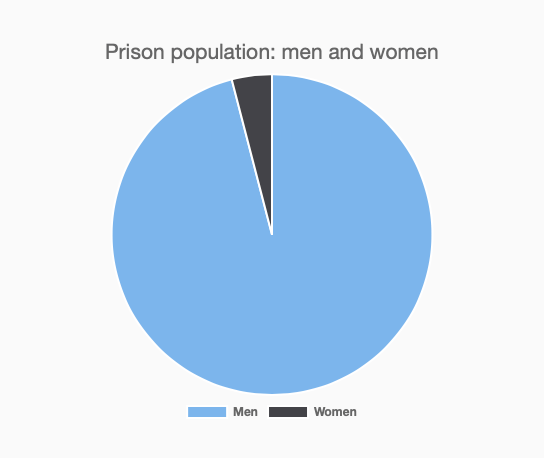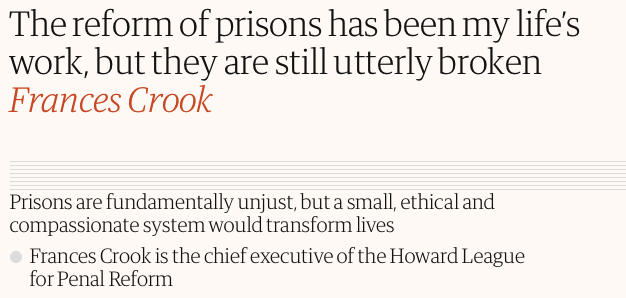Talking with friends – an admittedly unreliable study on which to base objective conclusions – I am wondering if you too are experiencing a dull grey weight to your days. If your thoughts are slightly befuddled, your energy levels subdued, your feelings a kind of bland beige. Whether it’s mild depression, Long Covid, Seasonal Affective Disorder (SAD) or the impact of eighteen months of restrictions, worries and losses caused by a perfect storm of Covid, Brexit and long-term neglect, the usual palette of life seems, for many, to have mixed itself into a nondescript yuk of a colour.
September inevitably brings change. As the nights steal increasing light from our mornings and evenings, we pack away those hopeful but unworn summer clothes, watch leaves crinkle and kickstart jobs, studies or projects. From soaring energy prices and fuel shortages to cabinet re-shuffles, we are rocked by uncertainty. Even in Germany it’s all change as Mutti, the very face of stability, tries her best to retire.
Meanwhile, our sclerotic prison system resists change as it plods through the ebbs and flows of the outside world. In the ten years since 2011, the Right Honourables Clarke, Grayling, Gove, Truss, Lidington, Gauke and Buckland have tried, but largely failed, to stop the relentless rhythms of ineffectiveness. Will Dominic Raab, our new Secretary of State for Justice, who didn’t exactly shine in his role overseeing the evacuation of Afghanistan, be able to re-direct its course? Just looking at some of the more recent headlines, I don’t think so.
Albert Einstein said: “We cannot solve our problems with the same thinking we used when we created them.” At my Wednesday morning dance group, I experienced firsthand why. Change does not always come about through control and enforcement. It comes about through compassionate attention, movement, connection, acceptance and love.
Everybody wants to be seen for who they truly are. Because in our essence, we are all beautiful. By only seeing and judging the outer product of a person’s upbringing, education, tragedies and choices, we miss their inner selves with all their original hopes and dreams and unique offerings to the world.
I recently attended a webinar of Ian Hislop, Editor of Private Eye, in conversation with Frances Crook, Chief Executive of the Howard League for Penal Reform. She is stepping down after 30 years as one of Britain’s leading and most respected voices on prison reform. That’s pretty much the same length of time I have been involved in teaching prisoners or campaigning for better prisons, albeit with considerably less impact. The conversation was actually more entertaining than depressing, though the facts never cease to confirm Britain’s role as an excessively punitive nation. Did you know, for example, that we give out more life sentences per year – around 13,000 – than all European countries (Turkey excluded) combined?
Just for fun – or to add another dollop of grey to any minor depression – let’s do a little quiz based on their conversation and my on-going research.
- How many people are currently in our prisons?
- What percentage of those are women?
- How much does re-offending cost the government and taxpayer?
- What happened recently in HMP Bronzefield?
- What almost always works?
If we start with that last question – the answer according to Frances Crook is: education. Education nearly always works. It can be beneficial to everybody. Life-changingly so. We all know that, not least because those who can afford it are prepared to invest £40,000 a year to get the best for their child. You no doubt want your children and grandchildren to have a good education too. It’s natural. So why is no more than a tiny fraction of that same sum (which is what it also costs to keep an adult in prison for a year) invested in as much education as possible for those who have so little?
One of this week’s headlines pointed out this neglect.

This ‘Prisoners not taken to lessons…’ thing is precisely why I stopped running the Learning to Learn through the Arts scheme that I set up in my capacity as Arts Coordinator to Koestler Arts from 2002-2006. Having raised the funds, sourced appropriate artists, bought materials, liaised with prisons and organised all the many other practicalities involved in running a 4-6 week art project, all the prison had to do was deliver the men to the allotted room at the appropriate time. But more than often they didn’t. Or couldn’t. Staff shortages was one reason. Old-fashioned punitive attitudes, a risk-averse governor, bad organisation were others.
You might know the answers to the rest of the questions.
- 80,000. We lock up more people than anywhere in Western Europe.
- Roughly 3000 or up to 5% are women.
- Re-offending costs £18 billion. In contrast, to run an educational course costs a few hundred pounds per person.
- At HMP Bronzefield, the private prison run by contractor Sodexo, an 18-year-old gave birth alone in her cell . When her calls for help were ignored, she passed out in pain. The baby died. She bit through the umbilical cord, climbed into bed and cradled it for 12 hours.
Looking at Answer Nr. 4, Chief Inspectors, charities, pressure groups can all point out the failures behind such a traumatic incident. They have been there for so long.
Yet ministers repeatedly ignore facts, common sense, morality, humanity and even kindness.

When our prime minister quips behind closed doors at a Conservative party fundraiser that the UK could become ‘the Saudi Arabia of penal policy’ under his current ‘hardline’ home secretary, Priti Patel, you know for sure that there is little sensitivity towards the grim levels of stress, pain and discomfort experienced by those living or working in some of our prisons. Little understanding of how growing up surrounded by violence and fear has an impact on a person’s nervous system and brain functioning. Little understanding of the strain on a mother of three who has to choose between putting food on the table or heating the room for an hour.
I believe the plethora of such unempathetic attitudes and policies towards those who are less advantaged, less educated, less fortunate are massively contributing to the current ‘yuk’ colour of life. Understanding is one of the paths to a compassionate and restorative Criminal Justice System. A lack of understanding mixed with emotional immaturity is one of the surest paths to an unjust and failing prison system. And the latter is costing us all dear, on many levels.
They/We are squandering the precious opportunities incarceration could offer to nurture and rebuild rather than waste and destroy human potential.
So who is really the guilty party and the danger to society here?
If you feel moved to, please support the excellent work of Howard League for Penal Reform and/or Prison Reform Trust
Further reading – not all articles represent my opinions
Warning on ‘parlous state’ of jail education
‘The reform of prisons has been my life’s work, but they are still utterly broken‘ by Frances Crook
‘Deep crisis’ in British prisons as use of force against inmates doubles
Fear of more baby deaths as ministers stand firm on jailing pregnant women
Newborn baby dies in prison cell after teenage mother left alone without medical helpB





